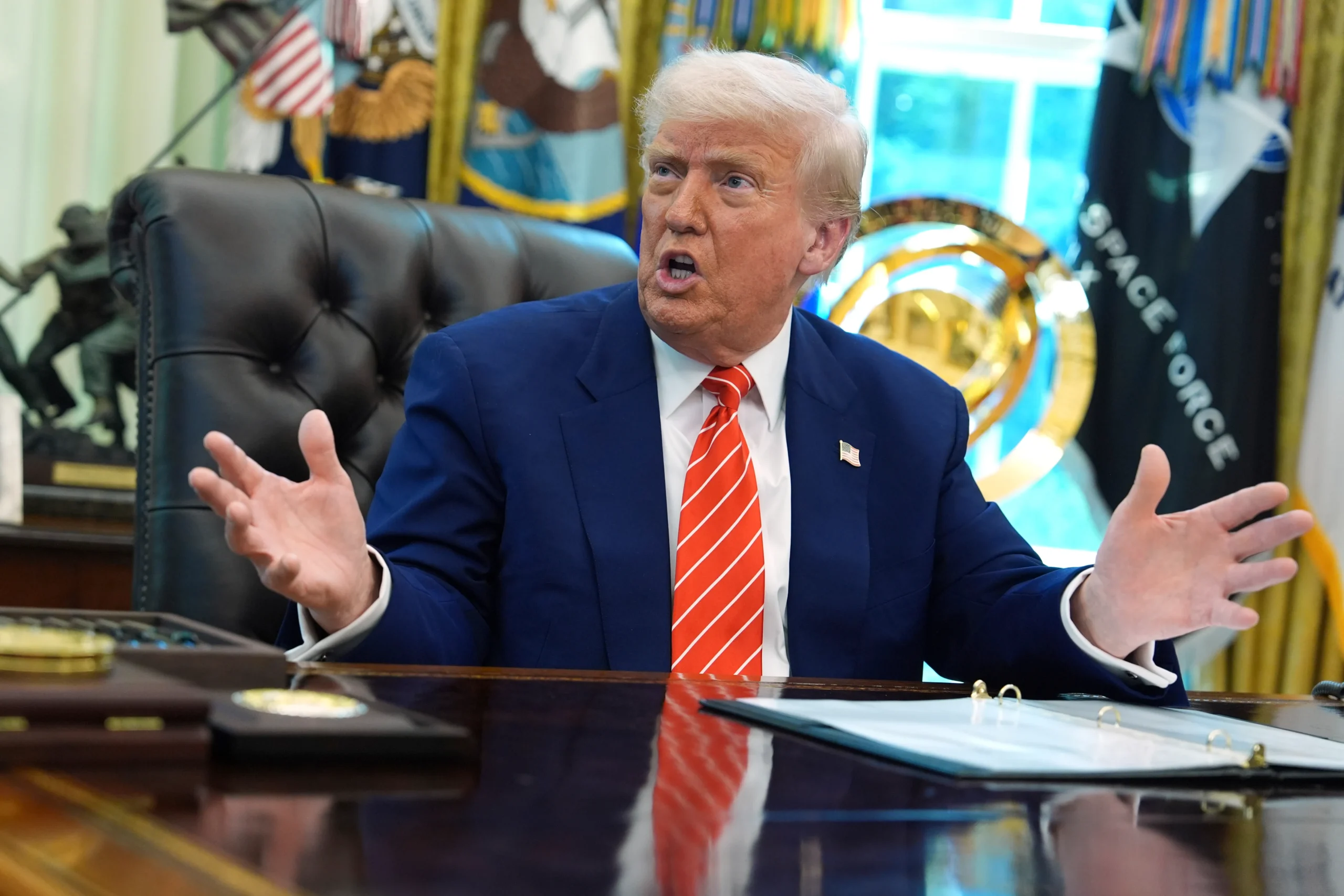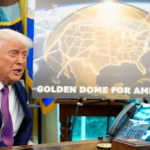
President Donald Trump has accused China of violating an agreement to reduce tariffs and trade restrictions on critical minerals, claiming Beijing was in “grave economic danger” before he negotiated a deal earlier this month.
Writing on Truth Social Friday evening, Trump stated he made a “fast deal” with China for both nations to suspend triple-digit tariffs for 90 days to “save” Beijing from a “very bad situation.”
Trump claimed his tariffs of up to 145 percent on Chinese imports had made it “virtually impossible” for China to trade with the US, leading to factory closures and “civil unrest” in the country.
“China, perhaps not surprisingly to some, HAS TOTALLY VIOLATED ITS AGREEMENT WITH the US. So much for being Mr. NICE GUY!” Trump wrote.
The president did not specify how China violated the agreement made following Geneva trade talks in mid-May, or outline planned responses to the alleged non-compliance.
When asked about the China deal in the Oval Office Friday, Trump said: “I’m sure that I’ll speak to President Xi [Jinping], and hopefully we’ll work that out.”
Deputy chief of staff Stephen Miller told reporters that China’s failure to meet obligations “opens up all manner of action for the United States to ensure future compliance.” Miller added that Trump hoped China would open to American business similarly to how the US has been open to Chinese business “for a very long time now.”
China’s Washington embassy confirmed maintaining communication with US counterparts since Geneva but expressed concerns about recent US export controls.
“China has repeatedly raised concerns with the US regarding its abuse of export control measures in the semiconductor sector and other related practices,” embassy spokesperson Liu Pengyu stated.
“China once again urges the US to immediately correct its erroneous actions, cease discriminatory restrictions against China and jointly uphold the consensus reached at the high-level talks in Geneva,” Liu added.
Media reports this week suggested the Trump administration ordered US firms providing semiconductor design software to stop selling services to Chinese groups.
Wednesday, a Commerce Department spokesperson confirmed reviewing exports of strategic significance to China, noting “in some cases … suspended existing export licences or imposed additional licence requirements while the review is pending.”
Friday, shortly after criticizing China’s compliance, Trump announced plans to increase foreign steel tariffs from 25 percent to 50 percent on June 4.
The Geneva agreement temporarily reducing tariffs for 90 days sparked a global stock rally, effectively lowering US tariff rates on Chinese goods to mid-teens from approximately 25 percent in early April.
Under the deal, China agreed to lift trade countermeasures restricting exports of critical metals needed for US semiconductor, electronics and defense production.
Trump administration officials have publicly stated China has been slow to adhere to Geneva commitments and has failed to comply.
Friday reports indicated global auto executives are warning of impending rare-earth magnet shortages from China that could force car factory closures within weeks.
“Without reliable access to these elements and magnets, automotive suppliers will be unable to produce critical automotive components, including automatic transmissions, throttle bodies, alternators, various motors, sensors, seat belts, speakers, lights, motors, power steering, and cameras,” the Alliance for Automotive Innovation wrote to the Trump administration.












Be the first to leave a comment